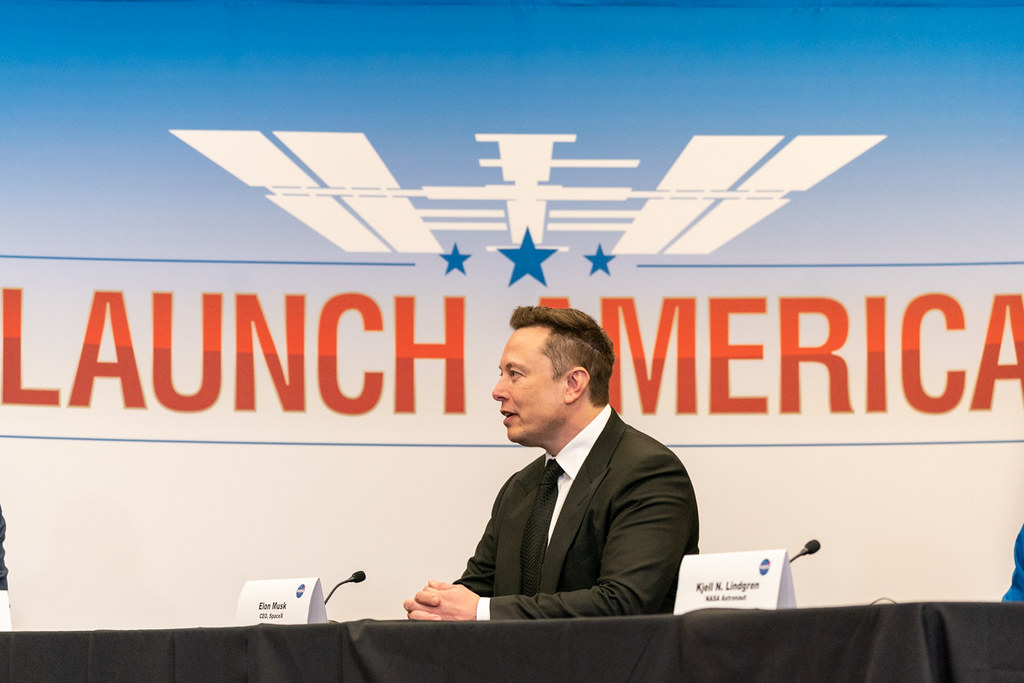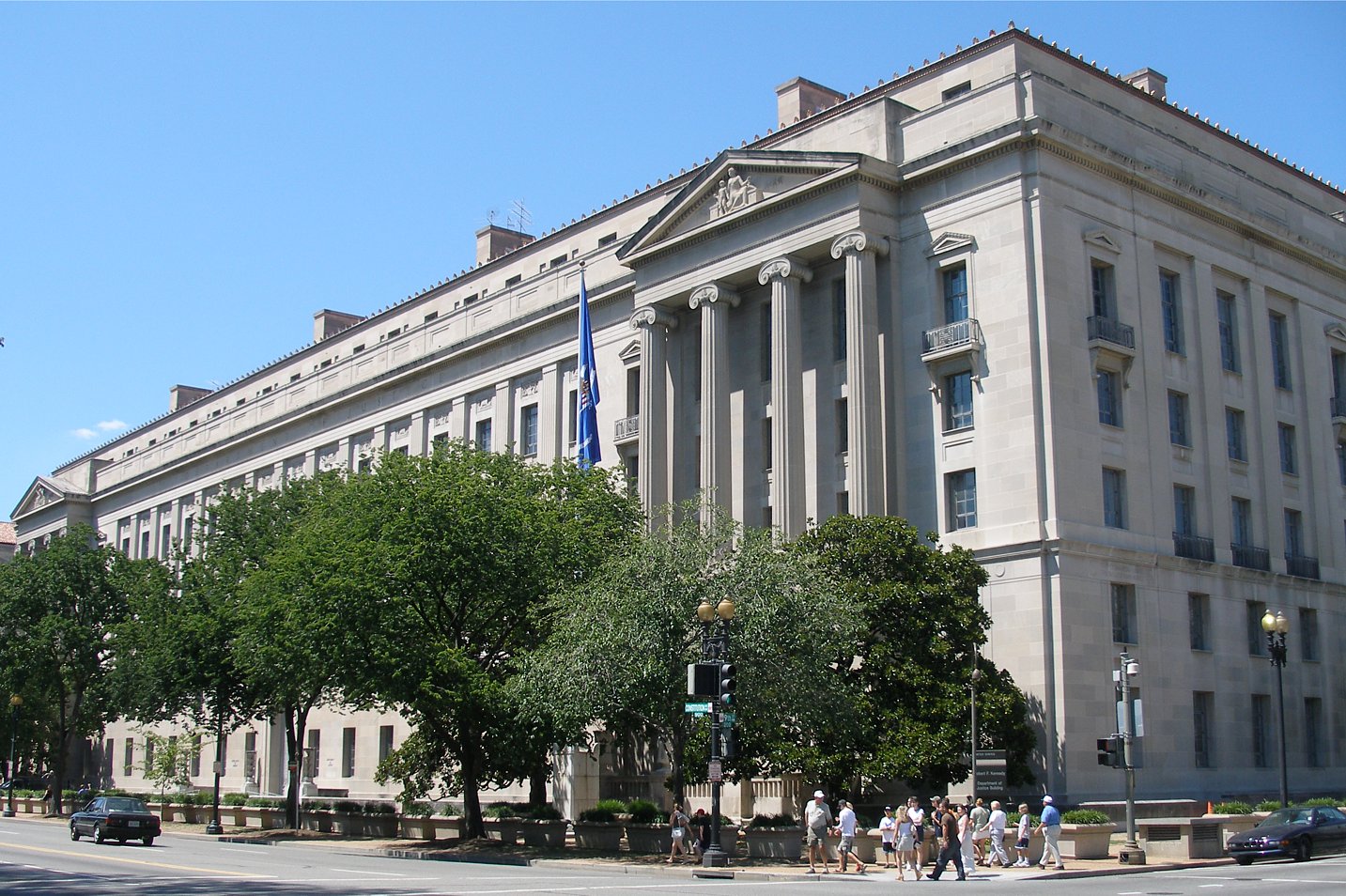Leaked Snowden Documents Seem to Contradict NSA Critics
The New York Times believes that the story in newly released Snowden documents is about a cozy relationship between the NSA and AT&T. “AT&T Helped U.S. Spy on Internet on a Vast Scale,” the headline screams.
Hmm . . . the NSA has a relationship with one of the largest American telecommunications providers. Who knew? For better or worse, the fact that any major U.S. telecom is in bed with the NSA is a dog-bites-man story, if ever there was one.
Published by The Lawfare Institute
in Cooperation With

The New York Times believes that the story in newly released Snowden documents is about a cozy relationship between the NSA and AT&T. “AT&T Helped U.S. Spy on Internet on a Vast Scale,” the headline screams.
Hmm . . . the NSA has a relationship with one of the largest American telecommunications providers. Who knew? For better or worse, the fact that any major U.S. telecom is in bed with the NSA is a dog-bites-man story, if ever there was one.
The real news is buried in the eighteenth paragraph:
Many privacy advocates have suspected that AT&T was giving the N.S.A. a copy of all Internet data to sift for itself. But one 2012 presentation says the spy agency does not “typically” have “direct access” to telecoms’ hubs. Instead, the telecoms have done the sifting and forwarded messages the government believes it may legally collect.
“Corporate sites are often controlled by the partner, who filters the communications before sending to N.S.A.,” according to the presentation. This system sometimes leads to “delays” when the government sends new instructions, it added.
In other words, allegations that critics have been making for years that the NSA has direct access to all the data transiting the Internet backbone have now been contradicted by classified NSA documents leaked by Edward Snowden. Now that’s news!
There is little else in the story that adds to what we know about the NSA’s Internet surveillance. The NSA’s “upstream collection” program – grabbing Internet communications in transit from telecommunications providers – has been publicly known for over two years.
This information was confirmed by the government in 2013, through a release of FISC opinions by Judge Bates. In one opinion, Bates confirms that “upstream collection” involves “the acquisition of internet communications as they transit the internet backbone facilities of [names of providers redacted].” The Bates opinions include lots of very large numbers, making clear this is collection “on a vast scale,” and include detailed discussions of serious mistakes by the NSA in how it was handling the program.
The excellent reporters who wrote the Times story are, of course, well aware of this. They claim the story is news because it provides proof – proof, I tell you – that AT&T is one of the telecommunications providers that cooperates with the NSA. Ha! We’ve figured out your redactions! Given that there are only three major telecommunications providers in the United States – AT&T, Sprint, and Verizon – it was not that difficult to guess, of course. The story also include other big revelations, like the fact that the foreign government officials who work at the United Nations appear to be of interest to the intelligence community.
For all this silliness, the government bears much blame, as it continues to maintain the pretense such banal facts can or should be kept secret. Perhaps there could be a new marking – “still officially classified but blindingly obvious” – to cover situations like this. Then, when such documents are leaked, reporters will be on notice that they contain no actual news.





